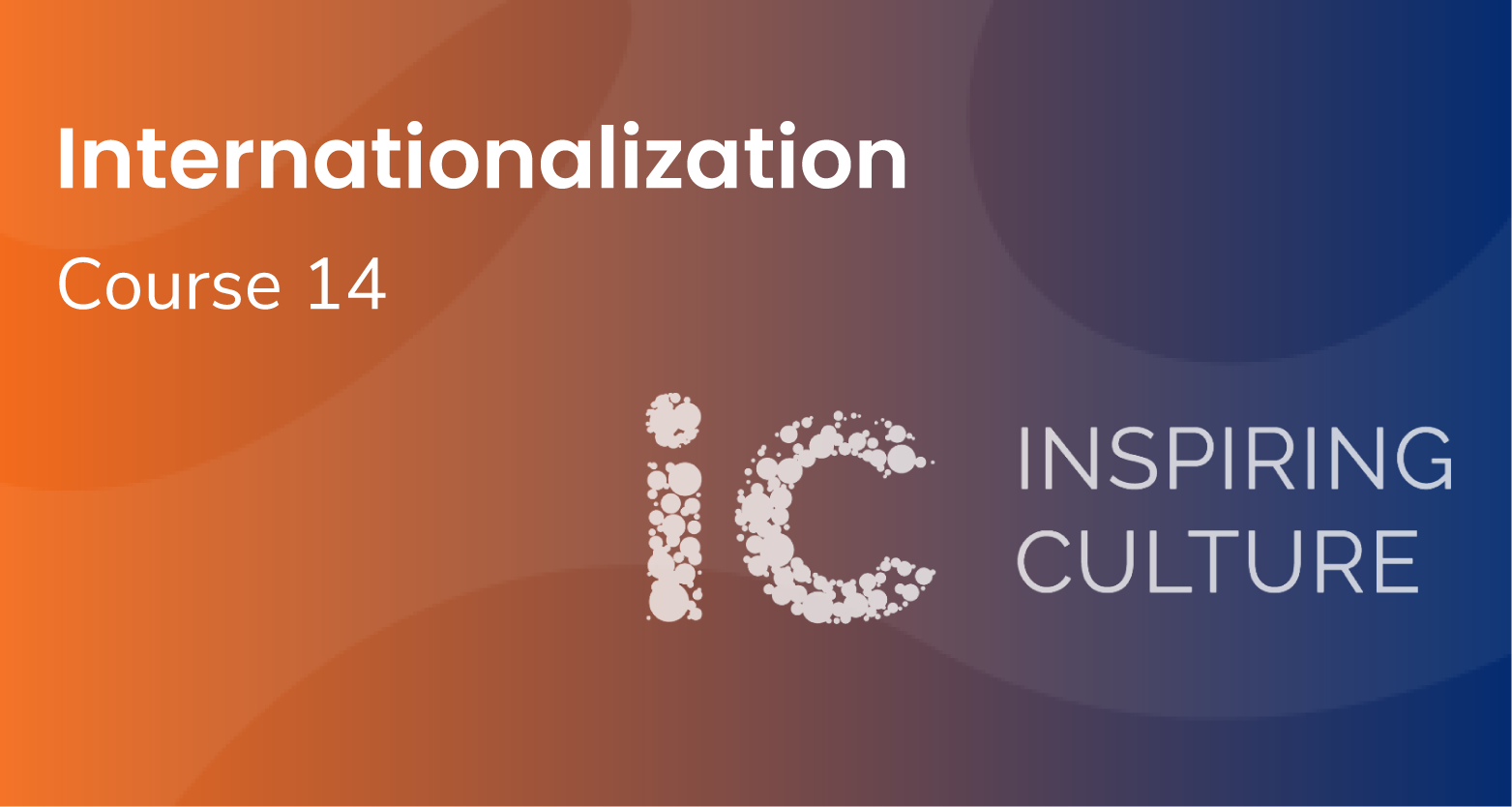
János Csébfalvi
Founding Member


Internalization is an important aspect and a premise for a company growth. It is ideal that business concept satisfies various global requirements, through universal value added created. There are still different triggers how business starts to be international. According to well known Mc Kinsey study for Australian industry (1993) a term “Born Global” indicates companies that are international as of their foundation. There is a big impact of entrepreneur in this model as it could be family, education, or personal network influence to start immediately international business. Another well known concept is “Uppsala Internationalization Model” indicating that many companies start local business and expand to global ambition and international expansion incrementally, with lower market commitment and starting nearby. There are several surveys showing a change in the internationalization dynamics, triggered by global trade developments where internationalization might be increased for sales and market purposes, for specific competency or process related integration.
International entrepreneurship is defined as a right combination of proactive and risk-seeking behavior to cross national borders and expand faster. This is certainly area where both individual and organizational leadership skills are important. Several national and pan-national structures exist to facilitate internationalization, clarify constraints and entry barriers and due to national competitiveness, many governments created conditions to facilitate new entrance facilitation conditions for start-ups and leverage digital development opportunities.
By the end of this course, the student will be able to:
• Design a framework for the “Internationalization Roadmap” with PROS and CONS
• Evaluate Internationalization priorities based on specific company needs, readiness and ambitions
• Analyze different Internationalization Scenarios and define decision matrix
• Apply principles of Change Management (rational, emotional, direction) principles in Internationalization management execution
• Understand own ambition and stakeholders’ motivation for international development and deployment
• Remember international development success stories as a part of company specific experienc
No specific pre-requisites are needed.
This will be the basic level of course on Internationalization and will require intermediate language skills. A degree of internationalization largely depends on entrepreneur and her behavior. Personal motivation and ability combined to well-crafted strategy of internationalization will give perspective of a roadmap needed to be built. All participants should be comfortable with own choices. Several videos and case studies will be shared.

Founding Member